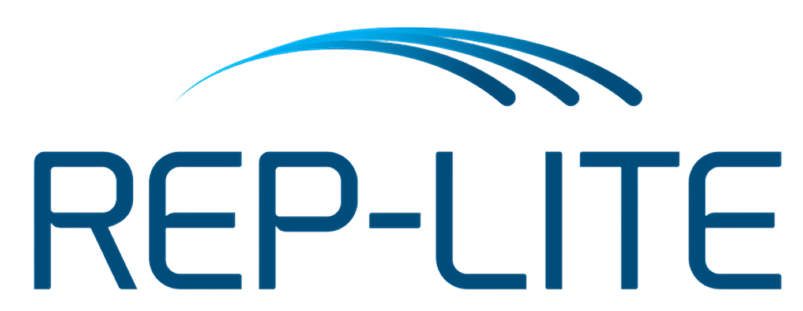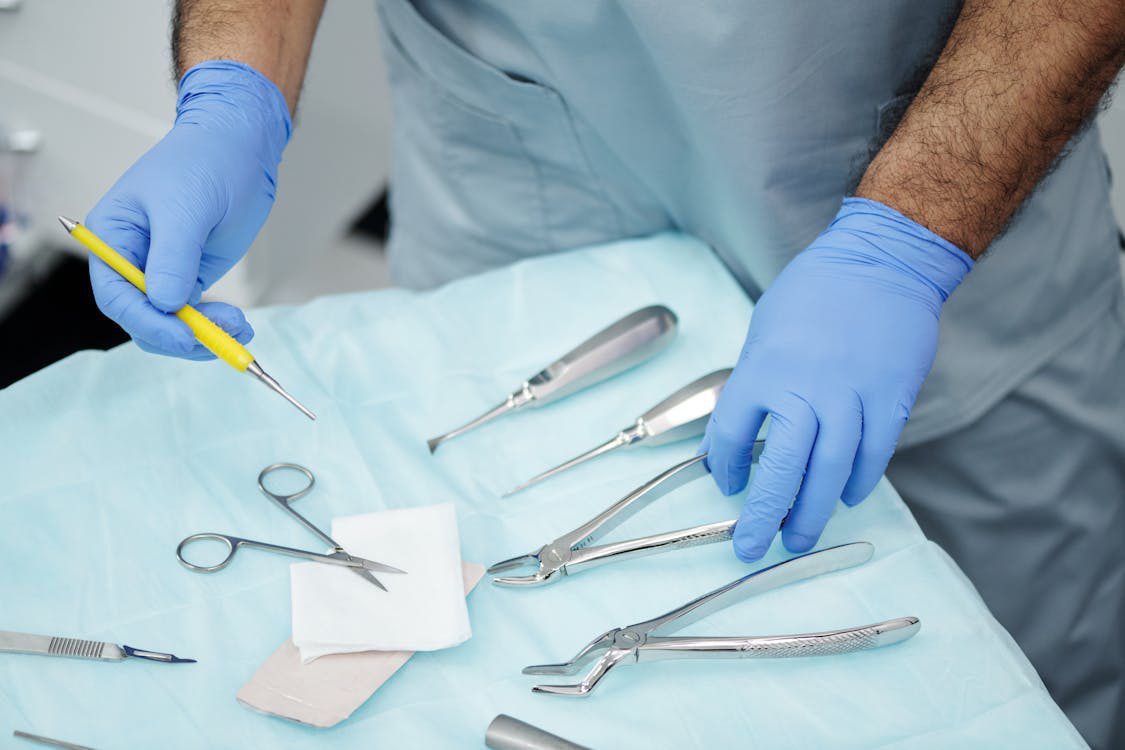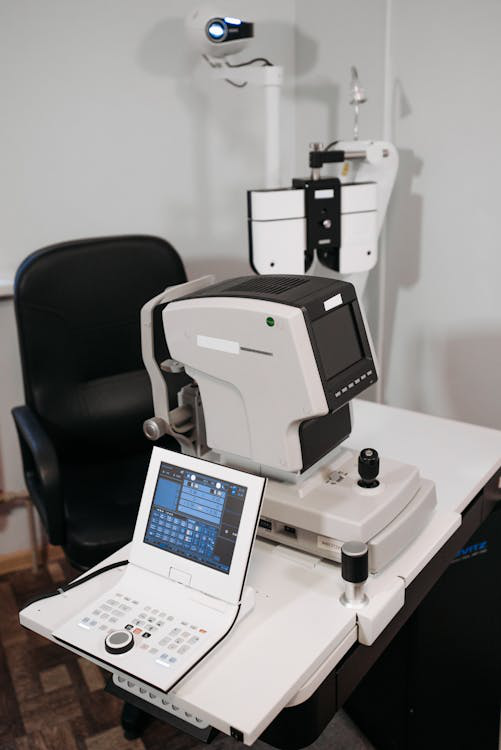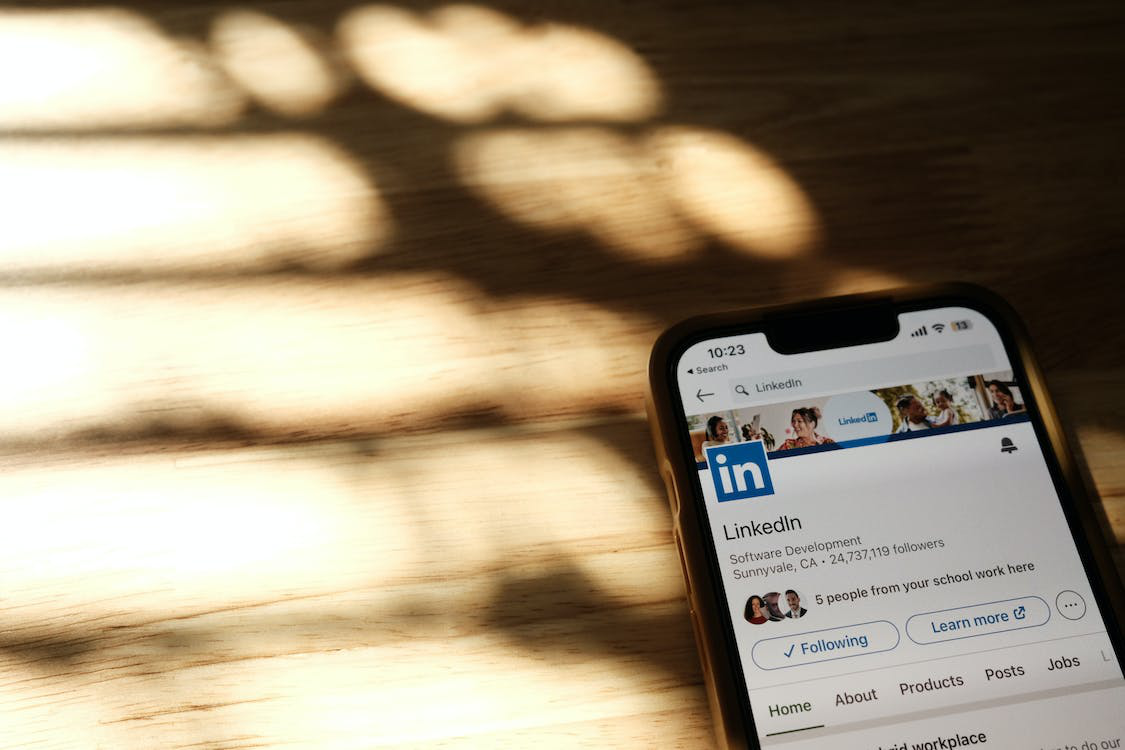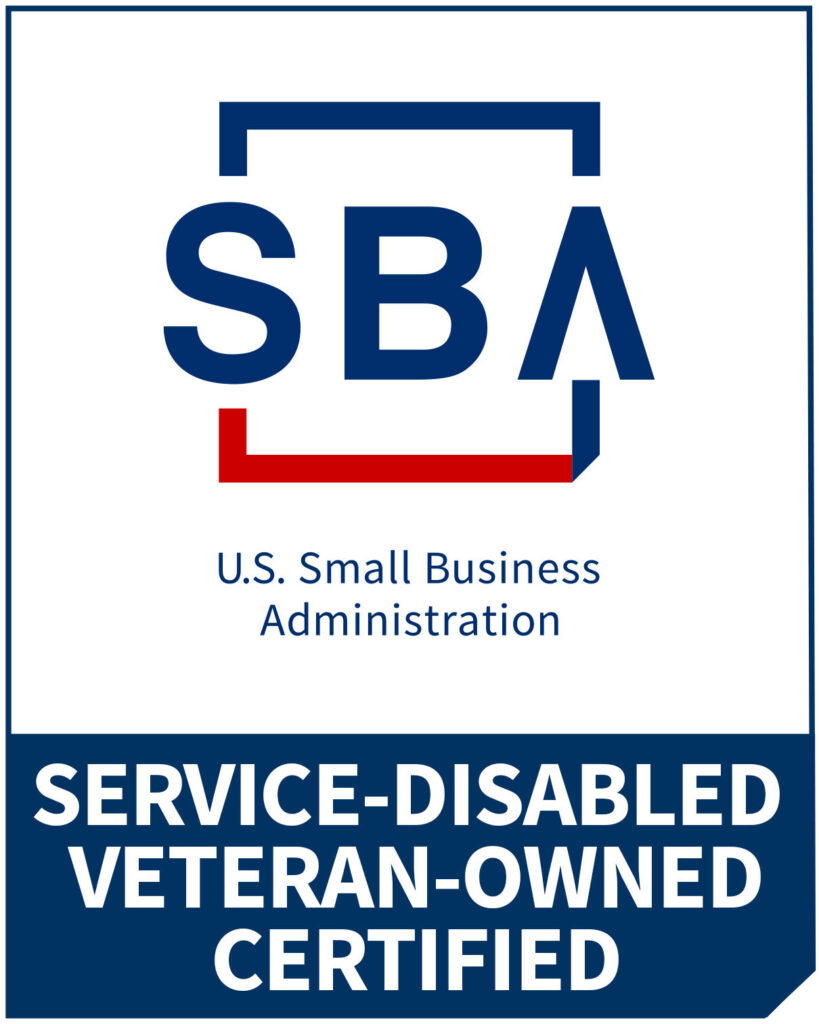In the competitive world of medical sales, success hinges on the ability to persuade healthcare professionals (HCPs) to adopt new technologies and treatments.
Unlike selling a consumer product, medical sales professionals are entrusted with promoting solutions that can profoundly impact patient lives. This necessitates a nuanced and ethical approach to persuasion, one that builds trust, fosters informed decision-making, and ultimately improves patient outcomes.
Let’s explore some effective persuasion techniques for medical sales professionals.
1. Understanding Your Audience
Effective persuasion starts with understanding your audience. HCPs are busy individuals bombarded with information from various sources. Take the time to research the specific needs and challenges faced by HCPs you’ll be meeting.
- What patient demographics do they typically see?
- What are the common treatment hurdles they face?
- What are their budgetary constraints?
By tailoring your approach to address these specific concerns, you demonstrate respect for their expertise and position yourself as a valuable resource, not just a salesperson.
2. Focus on Benefits, Not Features
While features are important, the key to persuasion lies in highlighting the benefits those features provide for patients. Don’t get bogged down in technical jargon. Instead, translate the features into how they improve patient outcomes, streamline workflow efficiency, or reduce healthcare costs.
Here’s an example: Instead of saying, “Our device features a state-of-the-art imaging system,” focus on how it translates to patient benefits: “Our device provides high-resolution images, enabling earlier and more accurate diagnosis, leading to improved patient outcomes.”
3. Leveraging the Power of Storytelling
Stories are powerful tools for persuasion. Share compelling stories of how your product has positively impacted other patients with similar conditions. Real-life case studies and testimonials from satisfied HCPs can build trust and demonstrate the tangible benefits your product offers.
4. Listen Actively and Address Concerns
Persuasion is a two-way street. Hone your active listening skills. Pay close attention to the HCP’s concerns, questions, and potential objections. Don’t interrupt. Paraphrase what you hear to confirm your understanding. Responding proactively to objections demonstrates transparency and builds trust.
5. Become a Trusted Advisor, Not Just a Salesperson
HCPs are constantly bombarded with sales pitches. To stand out, position yourself as a valuable healthcare resource. Keep up-to-date on industry trends and research findings. Offer to conduct in-office demonstrations, provide access to educational resources, or connect them with relevant clinical trial information.
6. The Power of Social Proof
People are more likely to trust something if others they respect endorse it. Leverage the power of social proof by highlighting industry awards or recognitions your product has received. Sharing positive testimonials from reputable medical institutions can also significantly influence buying decisions.
7. Building Long-Term Relationships
A successful medical sales career is built on long-term relationships with HCPs. Focus on building trust and fostering ongoing communication. Don’t disappear after a sale. Schedule regular check-ins to see how things are going, address any concerns, and offer ongoing support.
8. Ethical Considerations
Persuasion in medical sales requires the utmost ethical conduct. Always be truthful and transparent about your product’s capabilities and limitations. Never pressure HCPs to make decisions that are not in the best interests of their patients.

Master the Art of Persuasion with the Right Team
Need high-performing medical sales representatives who excel at persuasion? Trust Rep-Lite! We’re the leading medical staff recruitment agency and medical sales recruiting specialists. We find top talent who can effectively communicate benefits and build trust with HCPs. Contact Rep-Lite today and elevate your medical sales team!
